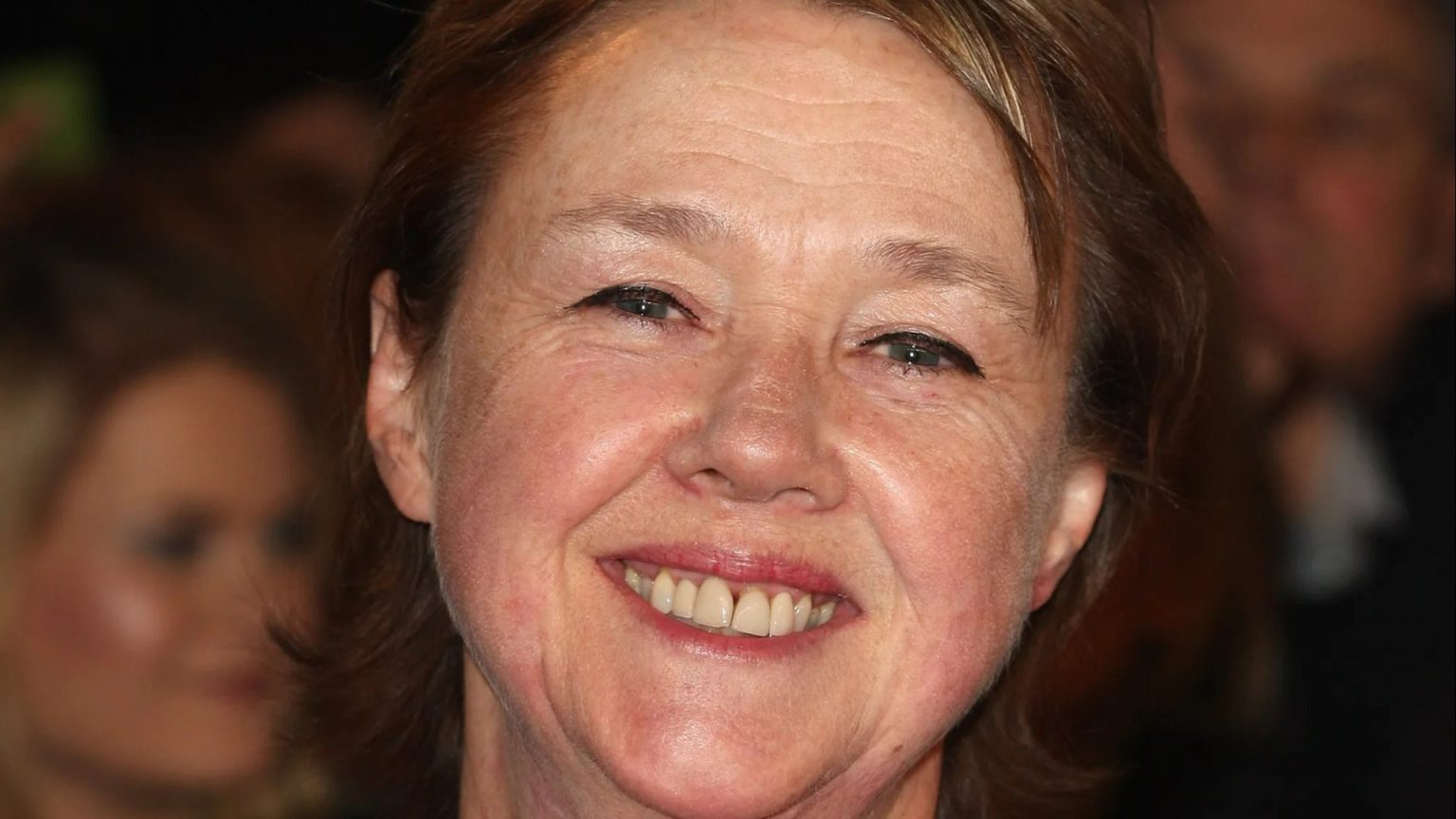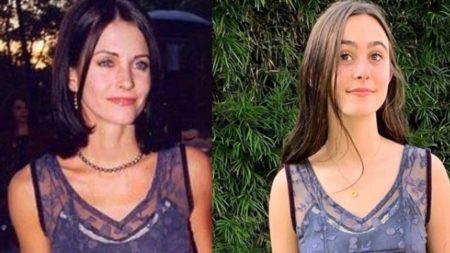Pauline Quirke, the beloved British actress best known for her role as Sharon Theodopolopodous in the long-running sitcom Birds of a Feather, has been diagnosed with dementia. The news, shared by her husband Steve, marks the end of a remarkable career spanning over six decades in television, film, and philanthropy. Quirke, 65, will be stepping back from all professional and commercial endeavors, including her acting work and the management of her highly successful performing arts schools, the Pauline Quirke Academies of Performing Arts (PQA). Her husband’s statement highlighted Quirke’s inspiring contributions to the entertainment industry, her charitable work, and her dedication to fostering young talent through PQA.
The public announcement of Quirke’s diagnosis was met with an outpouring of love and support from fans, prompting a heartfelt response from her son, Charlie. Taking to Instagram, the 30-year-old expressed his gratitude for the messages and anecdotes shared, emphasizing the comfort they brought to his family. This touching exchange highlighted the profound impact Quirke has had on countless lives, both on and off screen. Her warmth, humor, and generosity resonate not only through her iconic performances but also through her dedication to nurturing aspiring performers and her commitment to charitable causes.
The news of Quirke’s diagnosis also brought to light a poignant Instagram tribute posted by Charlie earlier this year when his mother was awarded an MBE for her services to charity and the entertainment industry. Unbeknownst to the public at the time, Quirke had already been living with dementia when she received the prestigious honor from Prince William at Windsor Castle. Charlie’s message, expressing immense pride in his mother’s achievements and acknowledging her selflessness, humor, and caring nature, now takes on a deeper significance. It speaks to the unwavering love and admiration he holds for his mother, even as she navigates the challenges of her illness.
Quirke’s career boasts a diverse range of roles across television and film, showcasing her versatility and talent. From her breakout role in Birds of a Feather, which spanned nearly 30 years across both the BBC and ITV, to her critically acclaimed performances in The Sculptress and Broadchurch, Quirke has consistently captivated audiences with her engaging portrayals. Her work has earned her several BAFTA nominations, solidifying her status as a respected figure in the British entertainment industry. Beyond her iconic comedic role as Sharon, Quirke has showcased her dramatic range in various projects, including appearances in popular series like Emmerdale and Casualty.
The diagnosis of dementia, with Alzheimer’s being the most common form, is a progressive condition that gradually affects cognitive function. While symptoms often manifest subtly in the early stages, potentially mimicking age-related memory changes, they can become more pronounced over time. Differentiating between normal age-related forgetfulness and the early signs of dementia can be challenging, but understanding the key distinctions is crucial for early diagnosis and intervention. The US National Institute on Aging provides guidelines to help distinguish between typical age-related cognitive changes and those indicative of dementia. For instance, occasional word-finding difficulty is considered a normal part of aging, whereas significant difficulty holding a conversation might be a warning sign of dementia.
Expert advice from organizations like Alzheimer’s Research UK further clarifies these distinctions. Relatable examples, such as misplacing car keys, illustrate the difference between normal age-related memory lapses and the more concerning signs of dementia. While taking longer to retrieve a memory or retrace one’s steps is a common experience with age, the inability to recall information or placing objects in illogical locations might suggest a deeper cognitive issue. These subtle differences can be crucial indicators, highlighting the importance of seeking professional advice if concerns arise. The ability to differentiate between typical aging and potential signs of dementia is essential for early detection and access to appropriate support and resources.











